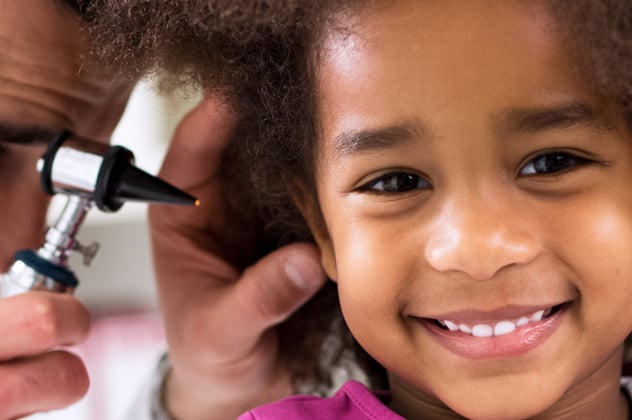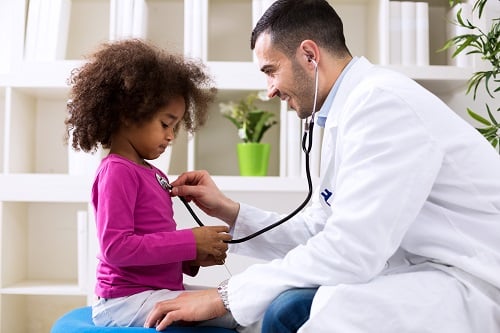Convenient Same Day Walk-In and Scheduled Appointments
When your children aren’t feeling well, you want to get them on the road to recovery as quickly as possible. Certain pediatric conditions and illnesses can be treated in the Pediatric Walk-In Clinic.
The Pediatric Walk-In Clinic is an example of MetroHealth’s commitment to offering specialized care for children and adolescents. MetroHealth pediatricians and pediatric nurses provide immediate walk-in care for children with certain illnesses or injuries.
When Children Should Be Taken to the Pediatric Walk-In Clinic
- Congestion
- Cough
- Earache/ear pain
- Fever (100.4° and above)
- Headache
- Nausea
- Sore throat
- Vomiting
- Diarrhea
- Genital concerns
- Nausea
- Painful or increased/decreased urination
- Stomach pain/constipation
- Vomiting
- Asthma
- Difficulty breathing or breathing faster than usual
- Wheezing
- Insect bites/Bee stings
- Lice
- Minor burns
- Minor cuts
- Rash
- Stitches and staple removal
- Allergies
- Behavioral issue
- Chest pain
- Dehydration
- Dietary concerns
- Dizziness
- Eye drainage
- Object(s) in ear or nose
- Pink eye
- Sickle Cell crisis
- Sprain or strains
- STD/STI
- Trouble eating, drinking or swallowing
How to Schedule
We recommend scheduling ahead to avoid longer waiting times.
- Use MyChart: Our scheduling feature allows you to schedule a same-day appointment.
- Call: To schedule an appointment, call 216-778-2222.
- Walk-in: See hours above for walk-in times.
Children should be taken to the Emergency Department instead of the Pediatric Walk-In Clinic for:
- Bleeding that won't stop
- Broken bone (bone sticking out of the skin)
- Seizure
- Severe allergic reaction/anaphylaxis
- Severe head injury (fainting or loss of consciousness)
- Shock
- Skin turning blue (lips, skin, fingers)
- Suspected poisoning
- Traumatic injuries
Still not sure when and where to go?
You can call 216-778-2222 to speak with a nurse from 8 a.m. to 4 p.m. or 216-778-7878 to reach a nurse after hours.

